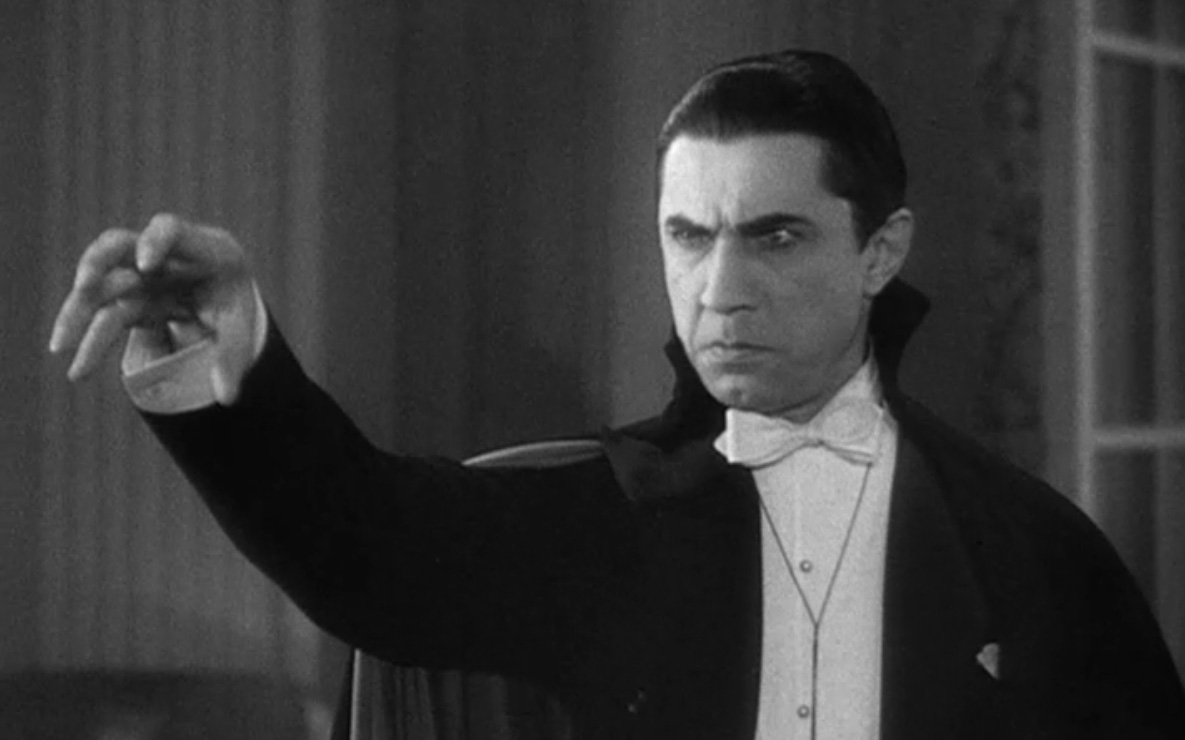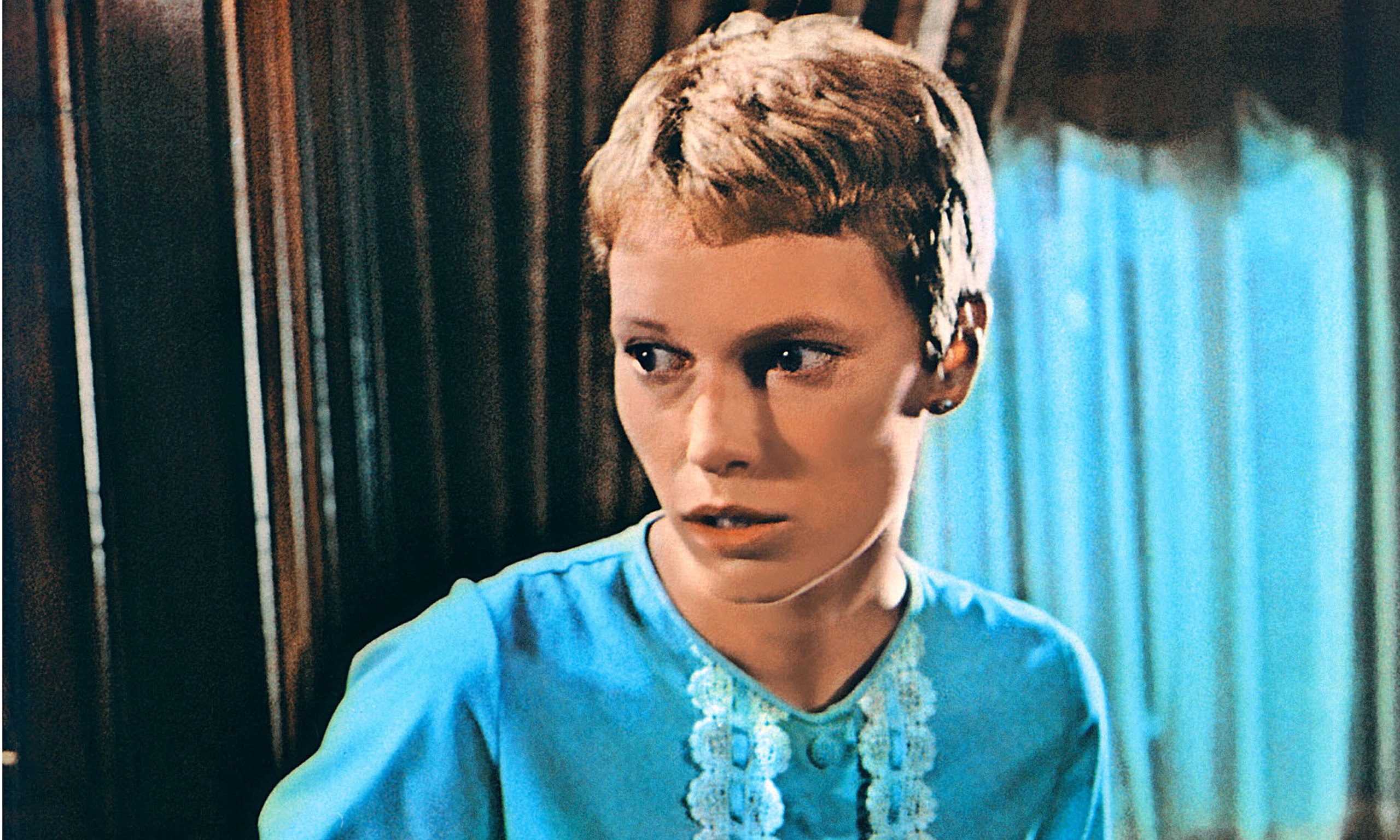A Dance With The King
I've read three Stephen King novels. Not because I wanted to, but because, at three separate times, I had friends who insisted I read one of his titles because it was so great. After checking out these highly popular books, I can say he's very good at what he does, but what he does isn't necessarily the kind of thing I want to read.
On the other hand, a few years back I read On Writing, his excellent little book that was part autobiography, part advice on a craft at which he's made millions. Then I saw some of his writing on pop culture in a column in Entertainment Weekly, and found it entertaining. So when I spied Danse Macabre--a 1981 survey by King on the world of horror over the past 30 years--in my local library, I checked it out.
It's a mixed bag. He certainly had some insights--if he didn't, who would?--but not enough to sustain 400 pages.
The reason it goes back, for the most part, 30 years is because it's really a review of the world of horror in the life of King, who was born in 1947. Yet, after he starts with a bit of autobiography, he goes a little further back, looking at three books that helped create modern horror: Dracula, Frankenstein and Dr. Jekyll And Mr. Hyde (this chapter was adapted from an earlier essay, which might explain its inclusion). According to King, these works live not just because of countless adaptations, but because there's something there to begin with. Each represent a part of the world of horror, and did it in a definitive way: Dracula has the monster outside us, Frankenstein, the monster we create, and Dr. Jekyll And Mr. Hyde, the monster within.
King also see three levels in his field. The highest reaction is terror, the next is horror, and the lowest is revulsion. Not that he's against revulsion--King is in favor of whatever works.
King then surveys the past thirty years of horror in radio, movies, TV and literature. Radio is almost a footnote, since King was raised after its golden age, but he can still remember listening to scary stories as a kid. Radio's advantage over TV and movies is simple--the horror is envisioned by the listener, and each can come up with the worst they can imagine. There's often a letdown in the visual arts when you throw open the door and show the monster--radio never has to deal with that. (And King is a big believer in showing the monster. Yes, you can spend a lot of time hinting at it, but if you don't finally open the door, at least a bit, you're cheating.)
As for TV, King mostly gives it the back of his hand. Movies are bad enough, but TV is a compromise on top of a compromise. He certainly watches it--the title of the chapter is taken from Harlan Ellison, "The Glass Teat"--and has some things to say about shows such as Thriller, The Outer Limits, The Twilight Zone (which he doesn't like as much as you'd think), Dark Shadows and even Kolchak: The Night Stalker, but you feel his heart isn't in it.
Movies are a bit better, and there are classics, like The Thing, Night Of The Living Dead, The Exorcist and a number of others, but he shows surprising enthusiasm for some titles such as The Amityville Horror, Prophecy, The Stepford Wives and X--The Man With The X-Ray Eyes.
He finally gets to modern books and you can tell this is what he really cares about. King was, and is, famously prolific, but he's also read widely and deeply--I'm guessing he sets aside several hours a day to read, not necessarily for his craft, but because he can't help himself.
He discusses a bunch of modern horror novels at great length, including Ghost Story, The Haunting Of Hill House, Rosemary's Baby, The Body Snatchers, Something Wicked This Way Comes and The Shrinking Man. I haven't read any of these books--as you might have guessed, I don't generally read horror--but I know all these titles from their movie adaptations.
While King certainly cares about these books (in general he's unhappy with the lack of respect horror writers get), he could have cut this chapter in half and made it twice as strong. Too often he goes off on tangents, quotes authors at great length (some of whom have written him personally for the book) and repeats ideas we've already heard. Though I'm guessing if you're a fan of horror, and have read these books, this section will be of great interest. (I don't read much horror, and yet I find I've seen hundreds of horror films. This may be because I have different standards in literature and cinema, or it might be I've seen so many movies I couldn't help but see a bunch of horror titles, even though it's one of my least favorite genres. Whereas with a novel, you've got to decide to read it--you don't passively catch one in a few hours.)
One thing you notice about King--he's a story man. He may appreciate style, but the plot has to be there first. Aristotle wrote that story comes first, even above character, and King agrees. The trouble with a lot of reviewers, according to King, is they downplay plot as the part the unwashed masses love. Critics go over a piece again and again until there's no surprises left, so the characters, the style, the tone, the symbolism, matter more. As far as King is concerned, everything is subservient to story--without it, you've got a car with no engine.
Ultimately, he asks, why do we consume so much horror? And why do people like him write it? He doesn't believe in a pop psychology "I was scared by something at three" explanation. But he does believe we're attracted to the genre because it helps us face insanity--we see the worst, and survive (even if the characters in the book don't). Horror often starts with a rational, Apollonian world only to have it invaded by an uncontrollable Dionysian craziness that we can't always hold down. It happens enough in reality--to deal with it in fiction can be exciting, but can also, finally, make us feel safer (in some cases).
It's been over thirty years since he first wrote this. Maybe it's time for a follow-up. Not sure what he thinks of the literary horror field (which he has dominated), but I bet he'd be more impressed with what TV's up to. So Steve, take off a few months between your latest bestseller and write something I might read.




0 Comments:
Post a Comment
<< Home